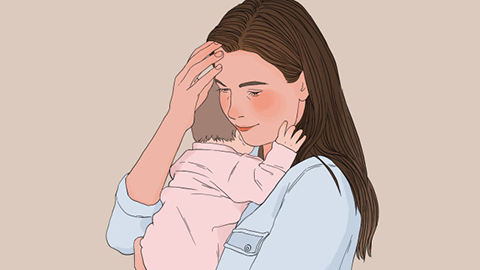What are the complications during labor?
Generally, complications during labor refer to abnormal conditions that occur during or after delivery. These complications may include umbilical cord prolapse, fetal distress, postpartum hemorrhage, premature rupture of membranes, and uterine rupture. It is recommended to seek timely medical attention and receive symptomatic treatment under the guidance of a qualified physician. Detailed explanations are as follows:

1. Umbilical Cord Prolapse
Umbilical cord prolapse refers to the situation where the umbilical cord protrudes ahead of the fetus during delivery due to compression or traction, which may lead to fetal hypoxia and distress.
2. Fetal Distress
Fetal distress refers to fetal hypoxia within the uterus, which may cause abnormalities such as irregular fetal heart rate and reduced fetal movement.
3. Postpartum Hemorrhage
Postpartum hemorrhage typically occurs after delivery and may be caused by factors such as uterine atony or lacerations of the soft birth canal. If not promptly controlled, it may lead to maternal shock.
4. Premature Rupture of Membranes
Premature rupture of membranes refers to spontaneous rupture of the amniotic sac before the onset of labor, which may increase the risk of preterm birth, infection, or umbilical cord prolapse.
5. Uterine Rupture
Uterine rupture refers to tearing of the uterus during labor, which may endanger the lives of both the mother and the fetus.
Pregnant women are advised to undergo regular prenatal examinations and appropriately choose the mode of delivery based on the specific conditions of the mother and fetus to reduce the risk of complications during labor.







